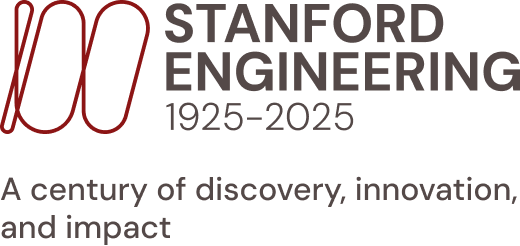Jennifer Widom: Computer science grows beyond engineering disciplines
Over the course of three decades, Jennifer Widom has seen computer science evolve from a relatively niche field to an interdisciplinary field that touches on broad swaths of society and promises solutions to global problems such as health care and sustainability.
On this episode of the Women in Data Science podcast, Widom explains that as computer science has become more broadly applicable, it has moved beyond the mere study of software and hardware. Today, she says it’s about how you can use the methods and techniques in the discipline to solve problems in other fields.
Widom was initially on a path to become an orchestral trumpet player as she worked toward her bachelor’s degree from the Indiana University Jacobs School of Music. However, a course focused on computer applications for music was so intriguing that she shifted her studies, eventually pursuing a PhD in computer science at Cornell University. She taught computer science at Stanford for 25 years before becoming dean of Stanford Engineering.
At Stanford, nearly 20 percent of the student body is majoring in computer science. CS has become so popular that the university is struggling to keep up with demand, she says. But what do those students really want?
“Are the students who are coming to computer science coming because they want to learn computer science, or are they coming because they want to apply computer science to their other interests? I’m going to venture a guess that the second is true for a lot of those students,” Widom says.
If that’s the case, Stanford and other universities will need to shift the computer science curriculum to be more reflective of its newly interdisciplinary nature, she says.
In addition to her research contributions to the field of data science, Widom is also a passionate educator. She pioneered the use of MOOCs — massive open online courses — and says teaching them “was one of the most invigorating and exciting things I think I’ve done in my whole career.” The experience of reaching so many people inspired her to take a sabbatical to embark on an “instructional odyssey” in which she traveled to 18 developing countries offering free short-courses on topics including big data and design thinking and collaborative problem-solving. When it came time for her sabbatical, she knew that she did not want to go to another university and work in a research group or write a book — she wanted to do something that had a real impact on people. Based on her previous experience with travel and the success of her MOOCs, she knew that the way she could best influence people directly would be to show up and teach them. “I just really loved reaching people all over the world and seeing how much it meant to them to have this level of course accessible and free to them.”
You can listen to the Women in Data Science podcast on Apple Podcasts, via the Women in Data Science website, or Stanford Engineering Magazine.




